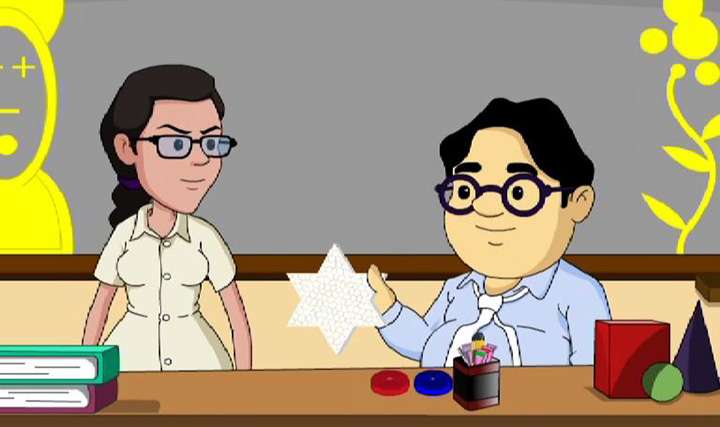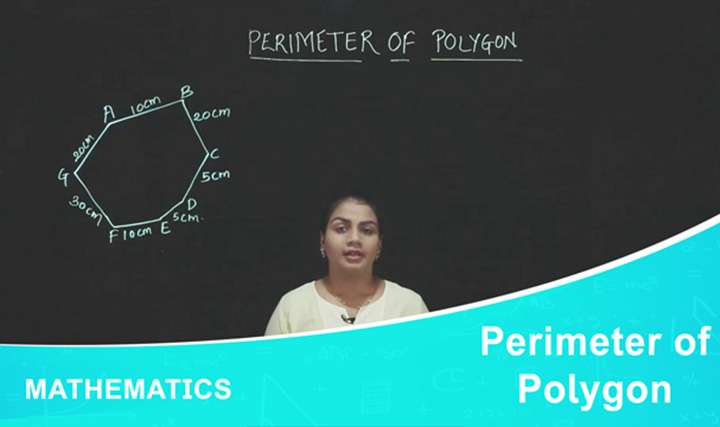CBSE Class 8 Maths Perimeter of Polygons
- take a square piece of paper and fold it in half accurately the perimeter of the rectangle formed is equal to 12 units. what is the perimeter of the original square?
- If perimeter of a rectangle is 16a+8b-6c and one of its sides is 5a+3b-4c, find the other side
- The perimeter of a triangle is 60cm and its sides are in the ratio 3:4:5. What are in the ratio 3:4:5. What are the length of the sides?
- Raju wants to fence the garden in his house which is in the shape of a rectangle having dimensions 25 m x 18 m. Find the cost of fencing at the rate of Rs 200 per metre.
- The perimeter of a square is same as that of the rectangle. Find the side of the square if the dimensions of the rectangle are 10m x 8m.
- The perimeter of a rectangle is 135 cm. If the breadth is given as 17 cm, find the length of the rectangle.
- The perimeter of an equilateral triangle is 18 cm. What is the length of a side?
- When the perimeter of a regular polygon is divided by 5, the length of a side is 25 m. What is the name of the polygon? What is the perimeter?
- The length of a side of a hexagon is 2 inches. What is the perimeter?
- A rectangular park is 38 m long and 15 m wide. A path 3.5 m wide is constructed outside the park. Find the perimeter of the path.



